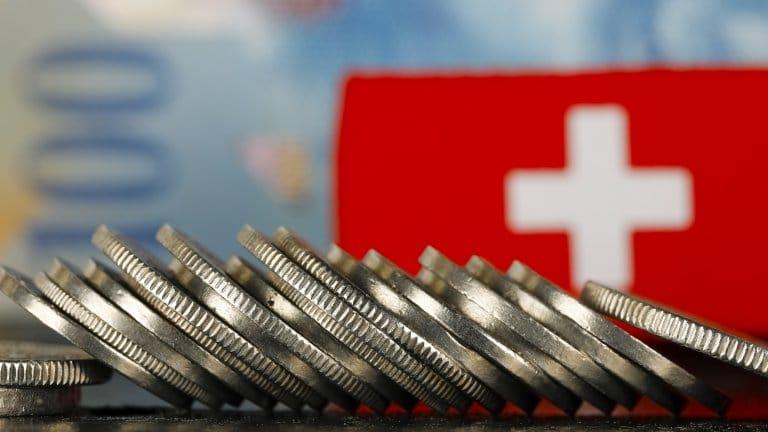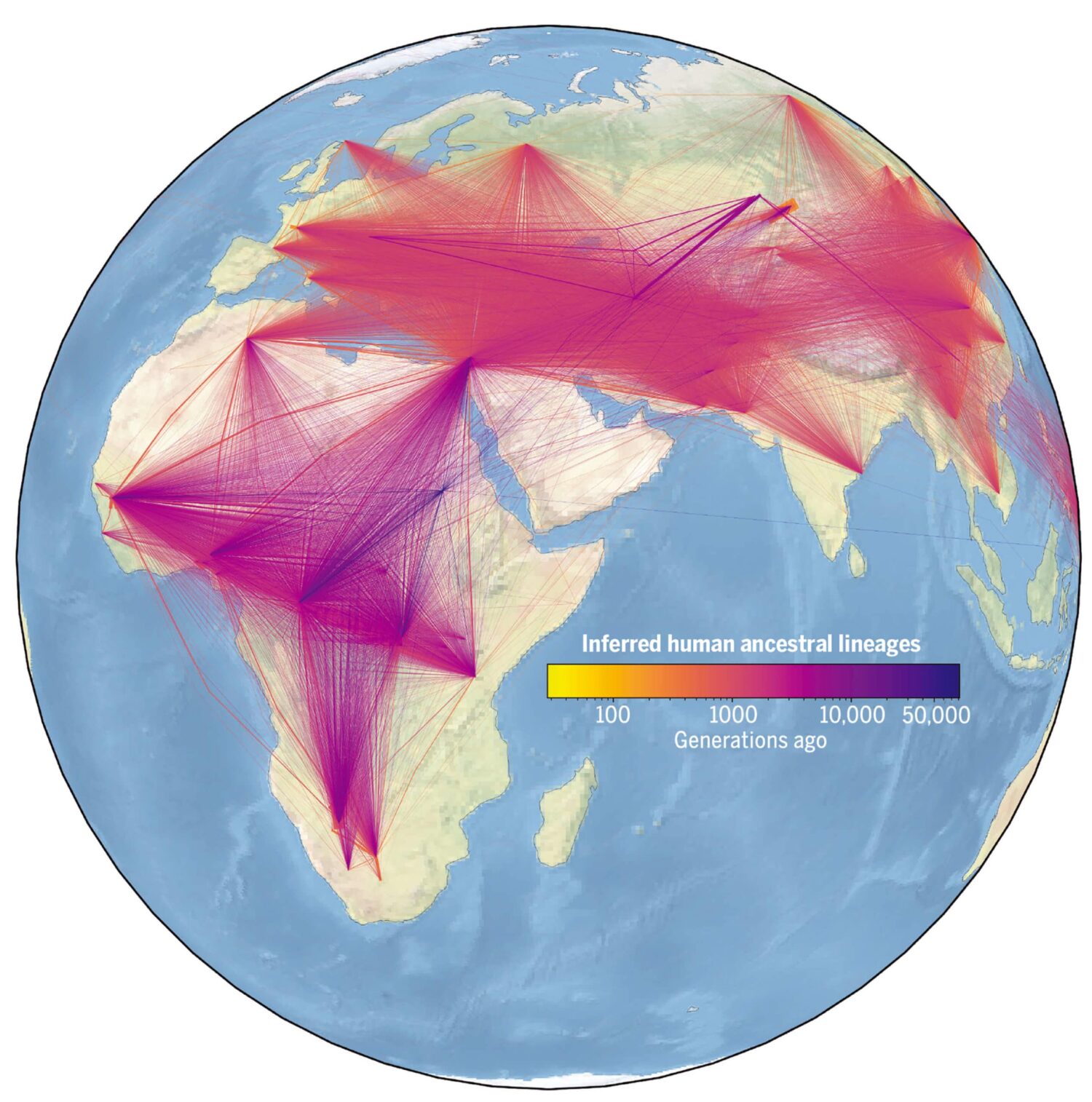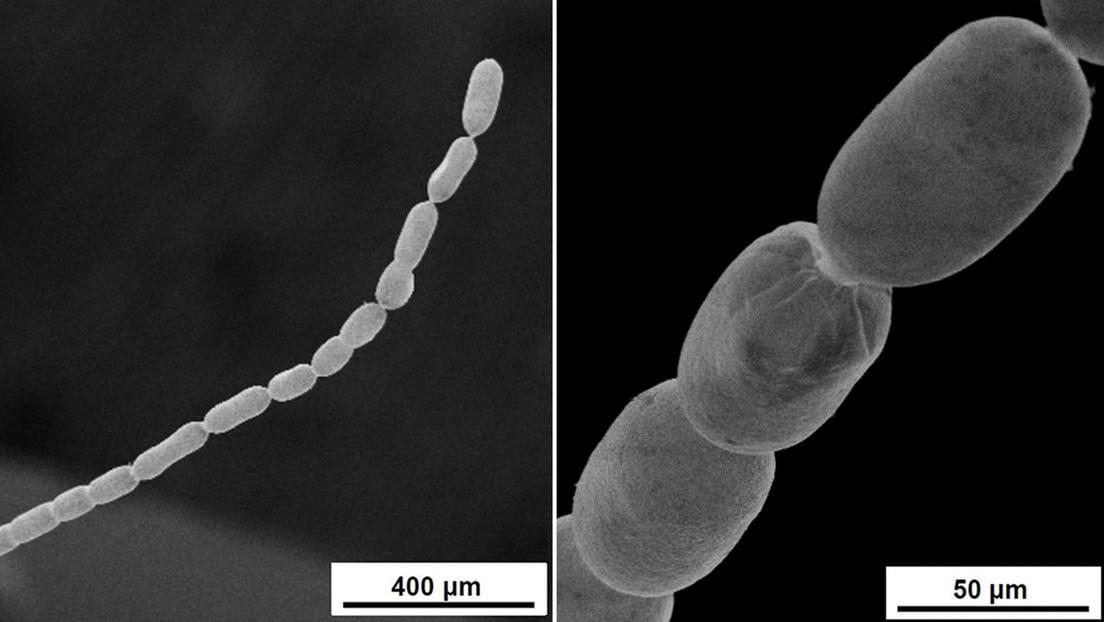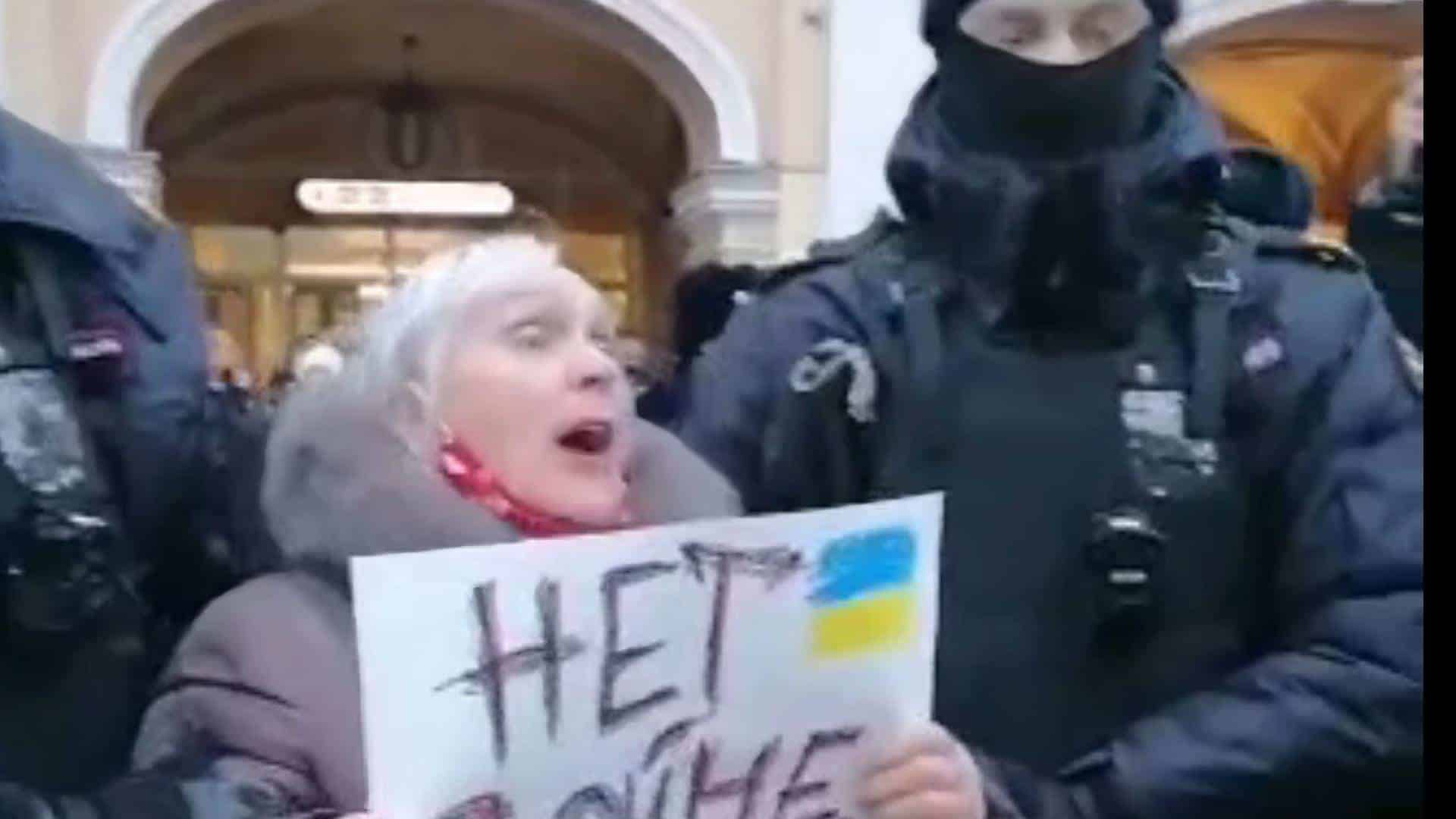HR/VP Borrell and Commissioner Várhelyi travel to the Republic of Moldova on 2 and 3 March
High Representative/ Vice-President Josep Borrell will, together with Commissioner for Neighbourhood and Enlargement, Oliver Várhelyi, travel to the Republic of Moldova on 2 and 3 March to underscore the European Union’s full support to the country in the context of the Russian invasion of Ukraine. HR/VP Borrell and Commissioner Várhelyi will meet with President Maia Sandu, with Prime Minister Natalia Gavrilița and Deputy Prime Minister/Minister of Foreign Affairs and European Integration, Nicu Popescu. They will also visit a refugee centre hosting Ukrainian refugees. The meeting with President Sandu will be followed by a joint press conference that will be broadcast live on EbS. (For more information: Nabila Massrali – Tel.: +32 229 88093; Ana Pisonero – Tel.: +32 229 54320)
NextGenerationEU: First annual report on the Recovery and Resilience Facility finds implementation is well underway
The European Commission has today adopted its first annual report on the implementation of the Recovery and Resilience Facility (RRF), the centrepiece of NextGenerationEU. One year on from its introduction, the report takes stock of the progress made in the implementation of the Facility, from the adoption of the RRF Regulation in February 2021 to the disbursement of the first regular payment in December 2021. The report shows that major headway has been made and confirms that the implementation of the RRF is well underway. The report details numerous examples of the investments and reforms financed by the RRF in the 22 recovery and resilience plans that have been adopted so far. These examples present concrete measures that are contributing to the six policy pillars defined in the RRF Regulation, including the green transition and the digital transformation. The report therefore provides an important insight into the unprecedented scale and impact of the measures that are being implemented across the EU as a result of the RRF. Progress in the implementation of recovery and resilience plans can be followed on the Recovery and Resilience Scoreboard, an online portal set up by the Commission in December 2021. More information is available in a press release online. (For more information: Veerle Nuyts – Tel.: +32 229 96302; Andrea Masini – Tel.: +32 229 91519)
European Innovation Council opens funding opportunities for innovators to scale up
Today, the Commission opened funding opportunities worth over €1.7 billion under the European Innovation Council (EIC). This opening follows the adoption of the EIC Work Programme 2022. Mariya Gabriel, Commissioner for Innovation, Research, Culture, Education and Youth, said: “The European Innovation Council has already supported 4 unicorns and more than 90 centaurs. The work programme for this year is backed by the biggest ever annual funding for visionary entrepreneurs and researchers, as well as new measures to support female innovators and scale-ups. Europe is committed to supporting innovation and new technologies and we are on track to meet our ambition to make the EIC Europe’s unicorn factory.” Calls opened today offer funding opportunities for multi-disciplinary research teams to undertake visionary research with the potential to lead to technology breakthroughs in any field (grants up to €3 million under EIC Pathfinder). Besides, there are funding opportunities for turning research results into innovation opportunities. Focussing on results generated by EIC Pathfinder projects and European Research Council Proof of Concept projects, the objective is to mature the technologies and build a business case for specific applications (grants up to €2.5 million under EIC Transition). €60.5 million is allocated to tackle three Transition Challenges: Green digital devices for the future; process and system integration of clean energy technologies as well as RNA-based therapies and diagnostics for complex or rare genetic diseases. SMEs and start-ups can apply anytime for EIC Accelerator grants and equity investments. Check the EIC website for details (For more information: Johannes Bahrke – Tel.: +32 229 58615; Marietta Grammenou – Tel.: +32 229 83583)
Commission selects first 50 women-led companies to boost deep-tech innovation in Europe
The Commission announced today the results of the first call under the new Women TechEU pilot programme, supporting deep-tech start-ups led by women. The call is funded under the European Innovation Ecosystems work programme of Horizon Europe, the EU research and innovation programme.
Mariya Gabriel, Commissioner for Innovation, Research, Culture, Education and Youth said: “I am particularly proud of the successful outcome of the first Women TechEU call. The high number of outstanding applications confirms there is a need for women in deep-tech to get support for their companies at the early, riskiest stage. We will assist these 50 women-led companies with funding, mentoring and networking opportunities and we will scale up this programme in 2022.”
Women TechEU is a brand new initiative of the European Union. The scheme offers grants, worth €75,000 each, to support the initial steps in the innovation process, and the growth of the company. It also offers mentoring and coaching under the European Innovation Council (EIC) Women Leadership Programme, and EU-wide networking opportunities.
Following the evaluation by independent experts, the Commission will be supporting a first cohort of 50 women-led companies from 15 different countries. Over 40 companies are based in EU Member States, including one fifth from Horizon Europe widening countries. Also, roughly one fifth are based in countries associated to Horizon Europe.
The companies proposed for funding have developed cutting-edge and disruptive innovations, across a range of areas, from early cancer diagnosis and treatments, all the way to reducing the negative impact of methane emissions. They address sustainable development goals (SDGs), like tackling climate change, reducing food waste, as well as widening access to education and empowering women.
Projects will start in spring 2022 and are expected to run for 6 to 12 months. The women leaders will be enrolled onto the European Innovation Council’s Women Leadership Programme for tailored coaching and mentoring activities.
Following the very encouraging response to this first pilot, the Commission will renew the Women TechEU programme in 2022. The budget for the next call will be increased to €10 million, which will fund roughly 130 companies (up from 50 this year). The call will be launched in 2022.
Fight against Antimicrobial Resistance: Commission welcomes EMA’s scientific advice on antimicrobials reserved for treating humans
Today, the European Medicines Agency (EMA) published a crucial scientific advice in the fight against Antimicrobial Resistance (AMR). It contains the experts’ recommendations on antimicrobials and groups of antimicrobials, that are to be reserved exclusively for treating infections in people, since the use of antimicrobials in animals contributes to the development of AMR. This science-based analysis, the first of its kind in the world, has systematically assessed all types of antimicrobials. It paves the way for the upcoming adoption of a legislation listing the antimicrobials, which will be reserved for humans. EMA’s advice comes at the request of the Commission and has been put together by a panel of leading experts comprising medical doctors, microbiologists and veterinarians. It has already been endorsed by the Agency’s Committee for Veterinary Medicinal Products (CVMP) which is composed of representatives from the Member States’ competent authorities. Discussions with the Member States on the timely adoption of the antimicrobials list will start soon. You can find more information on the Veterinary Medicinal Products Regulation in our Q&A, as well as on our dedicated AMR webpage. (For more information: Stefan De Keersmaecker – Tel.: +32 229 84680; Anna Wartberger – Tel.: +32 229 82054)
High-Level Group on post-COVID-19 economic and social challenges concludes its work on how Europe can recover sustainably and promote global stability
The High-Level Group on post-COVID economic and social challenges convened last year by Commissioner Gentiloni has today published its report. The mandate of the group was to reflect on, among others, the implications of the pandemic for the real economy and society, and on how to promote a resilient and sustainable economy. The document puts forth a series of recommendations in five areas to set the Union on a path toward growth and prosperity after the pandemic: enabling the triple transition; fair and effective taxation for the triple transition, moving towards a Health Union, strengthening Europe’s role in the world, and making the governance of the Union fit for purpose. The authors outline a number of measures to enable the green, digital and social transitions, as well as possible actions to mobilise public and private funding for this purpose. The report also highlights the importance of fair and effective taxation and recommends moving towards a Health Union by investing in health system resilience and in boosting preparedness at the EU level and globally. In addition, the document examines how to strengthen Europe’s role in the world and make the governance of the Union fit for purpose, in order to move the EU forward in a more strategic direction. Paolo Gentiloni, Commissioner for Economy, said: “I convened this high-level group because I was convinced that the immense challenges Europe faces as it emerges from the COVID-19 crisis are also opportunities that we must seize, to build a more sustainable, more inclusive growth model and to strengthen Europe’s ability to act as a force for good in the world. I want to thank the authors for this tremendous work, which is both inspirational and aspirational. It will greatly enrich our policy discussions in the coming months and years.” The report of the High-Level Group will inform the Commission’s work on the post-pandemic recovery and is available here. (For more information: Veerle Nuyts – Tel.: +32 229 96302; Andrea Masini – Tel.: +32 229 91519)
Commission appoints three new members to the European Research Council’s governing body
Today, the Commission appointed three new members to the Scientific Council, the governing body of the European Research Council (ERC). The new members are: Chryssa Kouveliotou, professor at the George Washington University, Washington D.C., US; László Lovász, professor emeritus at Eötvös Loránd University, Budapest, Hungary; and Giovanni Sartor, professor at the University of Bologna and at the European University Institute, Florence, Italy. These scientists are appointed for an initial period of four years, replacing three members whose mandate expired. Mariya Gabriel, Commissioner for Innovation, Research, Culture, Education and Youth, said: “The ERC Scientific Council is composed of some of the most eminent European scientists and scholars to govern Europe’s premier frontier research funding organisation. I warmly welcome the three new members who bring outstanding scientific competence that will complement the expertise of the sitting members.” Maria Leptin, President of the ERC, said: “We very much look forward to welcoming the new members. This addition will ensure that the independent ERC Scientific Council with its leading researchers from all disciplines continues to represent the scientific community in Europe across the full breadth of research domains. The ERC’s winning formula remains – for scientists, by scientists.” The Scientific Council defines the ERC’s scientific funding strategy and methodologies. It is composed of 22 members who represent the scientific community in Europe. The Commission appoints the members, following recommendations by an independent Identification Committee. More information online are available here and here. (For more information: Johannes Bahrke – Tel.: +32 229 58615; Marietta Grammenou – Tel.: +32 229 83583)
Agriculture: The Commission approves two new geographical indications from Lithuania and Spain
The Commission has approved the addition of two geographical indications: ‘Nijolės Šakočienės šakotis‘ from Lithuania as a protected geographical indication (PGI) and ‘Dehesa Peñalba‘ from Spain as a protected designation of origin (PDO). ‘Nijolės Šakočienės šakotis’ is a festive bakery product in the shape of a tall, hollow-centred, truncated cone with spiky ‘branches’ of various sizes which is made in a special oven by ladling layers of batter onto a slowly rotating spindle over a hot fire using a special wooden spoon. The entire process takes place at home using a traditional method. ‘Dehesa Peñalba’ refer to the wines produced in the Spanish municipality of Villabáñez (Valladolid). Its location in a river basin has a unique soil. Together with the surrounding high plains and the presence of a pine forest, the area is shielded from adverse weather conditions, creating micro-climatic features. ‘Dehesa Peñalba’ wines show a deep, sustained colour, highly aromatic with a predominance of ripe red and black fruits. ‘Nijolės Šakočienės šakotis’ will be added to the list of existing 1,573 agricultural products and foodstuffs, while ‘Dehesa Peñalba’ will be added to the list of existing 1,623 wines from the EU and from non-EU countries which are already protected. All protected geographical indications can be found in the eAmbrosia database. More information online on quality schemes and in our GIView portal. (For more information: Miriam Garcia Ferrer – Tel.: +32 229 99075; Thérèse Lerebours – Tel.: +32 229 63303)
Future of Europe: final set of European Citizens’ Panel recommendations
The final meeting of the Panel on ‘A stronger economy, social justice and jobs / Education, culture, youth and sport / Digital transformation’ took place in Dublin over the weekend.
The last remaining set of recommendations from the four European Citizens’ Panels of the Conference on the Future of Europe were delivered on Sunday. The Panel on ‘A stronger economy, social justice and jobs / Education, culture, youth and sport / Digital transformation’ held its third and final meeting at Dublin Castle on 25-27 February, hosted by the Institute for International and European Affairs (IIEA). There, around 200 European citizens adopted 48 recommendations, building on their previous work done in Strasbourg in September and online in November, across five work streams: Working in Europe, An Economy for the Future, A Just Society, Learning in Europe, and An Ethical and Safe Digital Transformation.
The participants also expressed their solidarity with the citizens of Ukraine on several occasions through their interventions at the weekend and during the ‘family photo’.
Watch recordings of the Panel’s plenary meetings from Friday and Sunday.
Next steps
Eighty Panel representatives (20 from each of the four Panels, of which at least one-third is aged between 16 and 25 years) have been tasked with representing the Panels at the Conference Plenary, where the Conference’s final proposals will be shaped.
All four Panels have now finalised their recommendations. The three preceding ones were:
- on European democracy, values and rights, rule of law and security;
- on climate change, environment and health; and
- on EU in the world / Migration.
Antitrust: Commission invites comments on draft revised rules on horizontal cooperation agreements between companies
The European Commission has launched today a public consultation inviting all interested parties to comment on two draft revised Horizontal Block Exemption Regulations on Research & Development (‘R&D’) and Specialisation agreements (‘R&D BER’ and ‘Specialisation BER’ respectively, together ‘HBERs’) and the draft revised Horizontal Guidelines. The draft revised HBERs and Horizontal Guidelines follow a review and evaluation process launched in September 2019. As set out in more detail in the explanatory note accompanying the draft revised HBERs and Horizontal Guidelines, the proposed changes aim to (a) make it easier for companies to cooperate in areas such as R&D and production, (b) ensure a continued effective protection of competition, (c) include a new chapter on the assessment of horizontal agreements pursuing sustainability objectives as well as new guidance on data sharing, mobile infrastructure sharing agreements and bidding consortia and (d) simplify the administrative supervision by the European Commission and National Competition Authorities by streamlining and updating the general framework of assessment of horizontal cooperation agreements. Interested parties are invited to submit their comments on the draft rules by 26 April 2022. Executive Vice-President Margrethe Vestager, in charge of competition policy, said: “The revision of the Horizontal Block Exemption Regulations and Guidelines is an important policy project as it clarifies for businesses when they can cooperate with rivals. Horizontal cooperation may lead to substantial economic and sustainability benefits, including support for the digital and green transition. The proposed revised rules aim to keep up with developments so that beneficial cooperation can take place, for example when it comes to sustainability or data sharing. We now invite interested parties to provide comments on our draft revised rules, which will help us finalise the new rules to enter into force on 1 January 2023.” A press release is available online. (For more information: Arianna Podesta – Tel.: +32 229 87024; Maria Tsoni – Tel.: +32 229 90526)
State aid: Commission approves €5.7 million Cypriot scheme to support certain farmers active in the livestock sector affected by the coronavirus pandemic
The European Commission has approved a €5.7 million Cypriot scheme to support certain farmers active in the livestock sector affected by the coronavirus pandemic and the restrictive measures that the Cypriot government had to implement to limit the spread of the virus. The scheme was approved under the State Aid Temporary Framework. Under the scheme, the public support will take the form of direct grants. The measure will be open to pig, poultry, cow and rabbit farmers. The aim of the scheme is to help the beneficiaries address their liquidity needs and to help them continue their activities during and after the pandemic. The Commission found that the Cypriot scheme is in line with the conditions of the Temporary Framework. In particular, the aid (i) will not exceed €290,000 per beneficiary; and (ii) will be granted no later than 30 June 2022. The Commission concluded that the measure is necessary, appropriate and proportionate to remedy a serious disturbance in the economy of a Member State, in line with Article 107(3)(b) TFEU and the conditions set out in the Temporary Framework. On this basis, the Commission approved the scheme under EU State aid rules. More information on the Temporary Framework and other actions taken by the Commission to address the economic impact of the coronavirus pandemic can be found here. The non-confidential version of the decision will be made available under the case number SA.101098 in the State aid register on the Commission’s competition website once any confidentiality issues have been resolved. (For more information: Arianna Podesta – Tel.: +32 229 87024; Nina Ferreira – Tel.: +32 229 98163; Maria Tsoni – Tel.: +32 229 90526)
Mergers: Commission clears acquisition of 105 VSTREET by Welput, PSPIB and Alecta
The European Commission has approved, under the EU Merger Regulation, the acquisition of joint control of 105VS Holdings Units Trust (‘105 VSTREET’) of Jersey, by West End of London Property Unit Trust (‘Welput’), of the UK, the Public Sector Pension Investment Board (‘PSPIB’) of Canada and Alecta Tjänstpension Ömsedigt (‘Alecta’) of Sweden. 105 VSTREET is a holding company whose only asset is a real estate property located at 105 Victoria Street, London. Welput is a property unit trust acting as a collective investment scheme. PSPIB and Alecta are both pension funds and manage diversified, global portfolios on behalf of individuals, public bodies and companies in Canada and Sweden respectively. The Commission concluded that the proposed acquisition would not raise competition concerns, because the activities of 105 VSTREET are entirely limited to the UK and the transaction will not lead to any horizontal overlaps or vertical relationships. The transaction was examined under the simplified merger review procedure. More information is available on the Commission’s competition website, in the public case register under the case number M.10621. (For more information: Arianna Podesta – Tel.: +32 229 87024; Maria Tsoni – Tel.: +32 229 90526)
ANNOUNCEMENTS
Circular Economy: Executive Vice-President Timmermans, Commissioners Reynders and Sinkevičius at flagship Stakeholder Conference to help make sustainable products the norm
Today and tomorrow, the fifth edition of the annual Circular Economy Stakeholder Conference is taking place with the participation of Executive Vice-President for the European Green Deal, Frans Timmermans, Commissioner for Justice, Didier Reynders, and Commissioner for the Environment, Oceans and Fisheries, Virginijus Sinkevičius. The event will gather Europe’s largest network of stakeholders in circular economy. It will allow decision-makers, civil society and business leaders to consider practical ways to make sustainable products a reality in various key sectors. In addition, it will focus on upcoming milestones in the implementation of the EU’s Circular Economy Action Plan, in particular the future sustainable products initiative, the sustainable textiles strategy, and initiatives to empower consumers for the green transition. The Commission is co-organising the event with the European Economic and Social Committee and the French Presidency of the Council. More information is in the news item. Executive Vice-President Timmermans‘ speech will be available here. (For more information: Adalbert Jahnz – Tel.: +32 229 53156; Daniela Stoycheva – Tel.: +32 229 53664)
Le commissaire Wojciechowski à Paris pour le Salon International de l’Agriculture
Le commissaire Janusz Wojciechowski est à Paris aujourd’hui pour visiter le Salon International de l’Agriculture. Il rencontrera le ministre de l’Agriculture français, Julien Denormandie, ainsi que des représentants des différents secteurs agricoles, pour discuter de la sécurité alimentaire. Il participera au Débat sur l’avenir de l’agriculture européenne, organisé par l’interprofession des semences et plants (SEMAE). Il visitera aussi différents stands, dont celui de la Commission européenne. Enfin il échangera sur le sujet du développement rural et du pacte rural avec Thibault Guignard, président de LEADER, la Fédération nationale des territoires ruraux, ainsi qu’avec Patrice Joly, président de l’Association nationale nouvelles ruralités, et Cédric Szabo, président de l’Association des maires ruraux.










